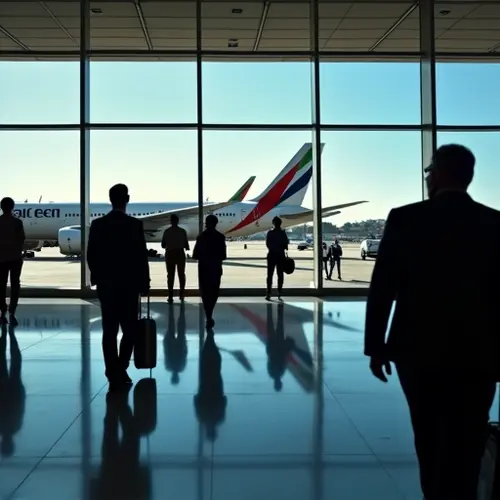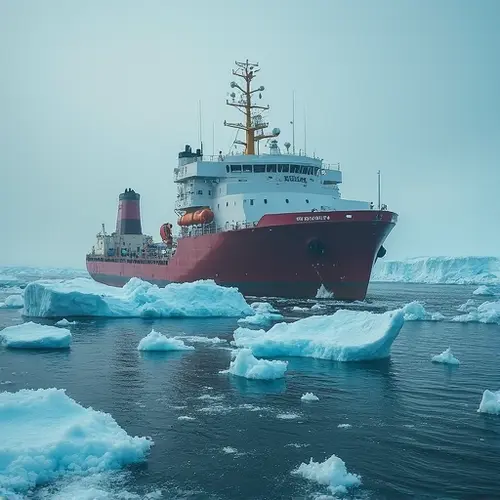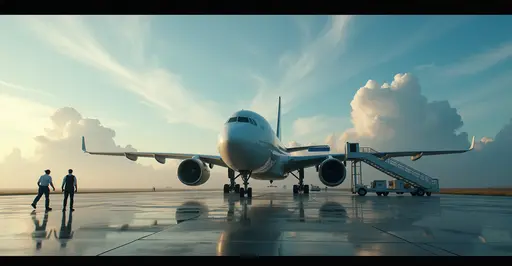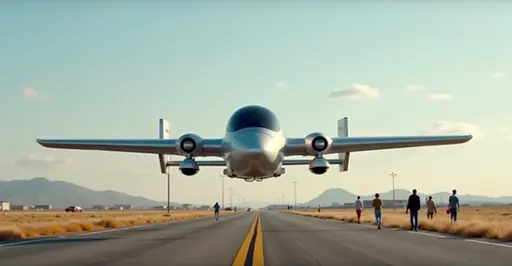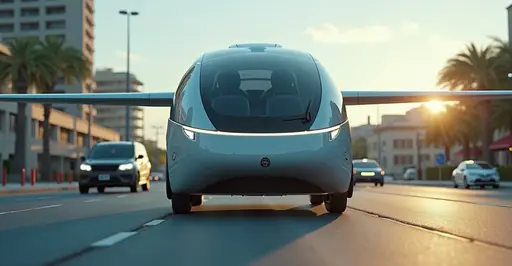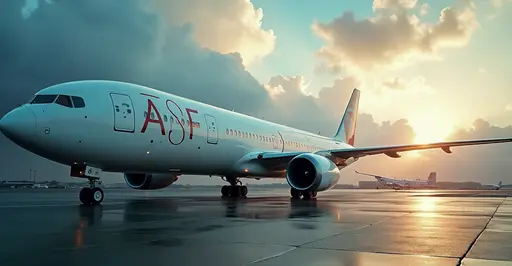
Global Aviation Giants Form Sustainability Pact
In a historic move, the world's three major airline alliances - Star Alliance, SkyTeam, and Oneworld - have announced a joint sustainability pact committing to net-zero carbon emissions by 2050. This unprecedented collaboration represents over 60% of global air traffic and marks a turning point in aviation's climate efforts.
The Roadmap to Decarbonization
The alliance members have agreed on a four-pillar strategy:
- Sustainable Aviation Fuel (SAF) will form 65% of the solution, with plans to scale production dramatically
- New aircraft technology including hydrogen and electric planes will contribute 13%
- Operational efficiencies like optimized flight paths account for 3%
- Carbon capture and offsets will address the remaining 19%
Industry-Wide Commitment
This pact builds on IATA's 2021 resolution where 290 airlines committed to net zero by 2050. "This alliance collaboration accelerates our path to sustainable aviation," said IATA Director General Willie Walsh. The groups will share research, coordinate SAF procurement, and develop standardized emissions tracking.
Challenges Ahead
Significant hurdles remain, including SAF's current limited availability (under 0.1% of global jet fuel) and high costs. Government support through incentives and policy frameworks will be crucial. The alliances are urging nations to implement the CORSIA carbon offsetting scheme and provide SAF production subsidies.
Passengers will see changes too - airlines plan to offer carbon-neutral ticket options and clearer sustainability information during booking by late 2026.

 Nederlands
Nederlands
 English
English
 French
French
 Deutsch
Deutsch
 Espaniol
Espaniol
 Portugese
Portugese




